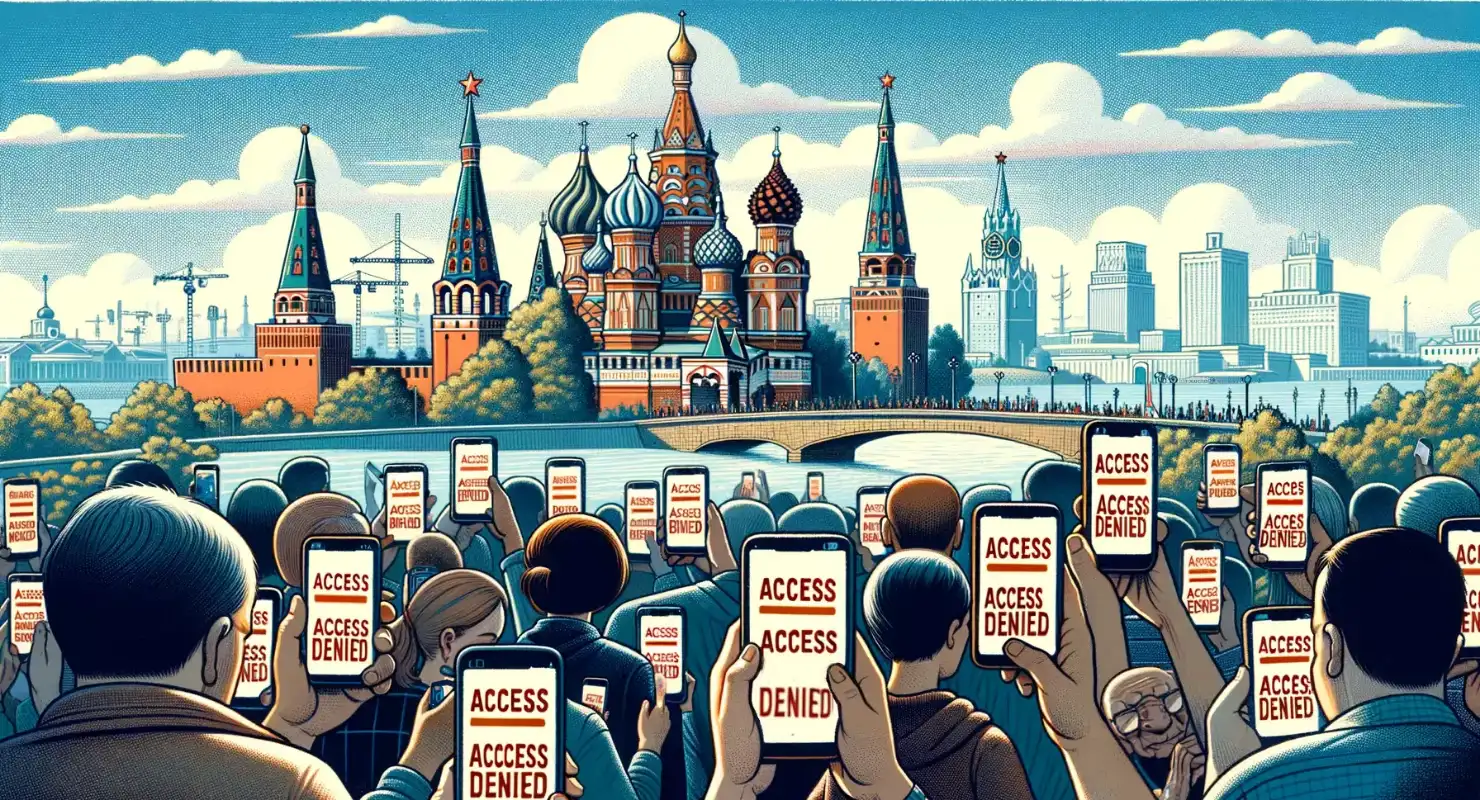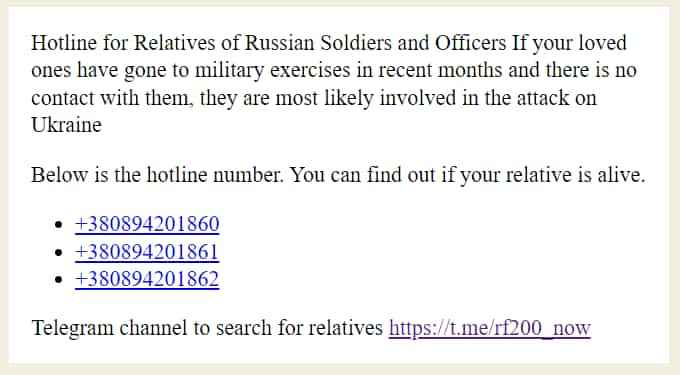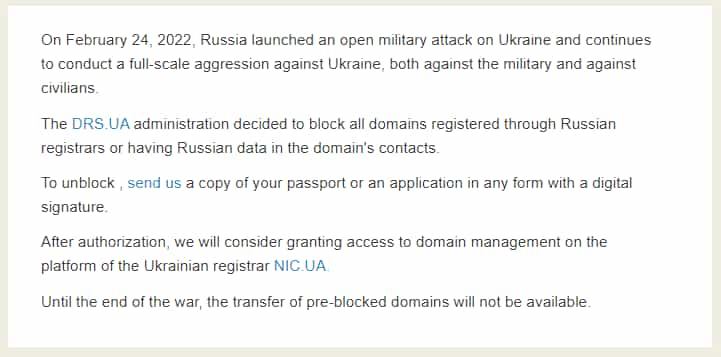Internet Censorship in Russia
Since February 2022, Russian authorities have sought to dramatically restrict the free flow of information online in their own country, with the Prosecutor General’s Office ordering local Internet Service Providers (ISPs) to block over 25,000 websites.
Our goal has been to analyze this vast blocklist and document the websites that have been blocked for reasons relating to Ukraine in the hope of keeping a spotlight on Russia’s increasingly severe internet censorship.
ISPs have adopted various techniques to block content Russia, including HTTP man-in-the-middle interference and DNS manipulation, with varying degrees of success.
The most common approach has been DNS based filtering and RST packet injection during TLS handshakes, according to The Open Observatory of Network Interference (OONI).[1] While officials often only identify a specific URL for blocking, the mechanisms used to restrict access by ISPs frequently mean the entire domain is rendered inaccessible.
Many of the websites identified for blocking since February 2022 are unrelated to Ukraine, including gambling and adult websites. However, our analysis of blocked domains reveals a significant number were restricted because of content directly related to the situation there.
The banned sites are accessible via an online database maintained by the Russian NGO, Roskomsvoboda, at reestr.rublacklist.net.
From large international public broadcasters, such as the BBC, to local independent news outlets, almost 3,000 websites have been blocked since February. Social media websites, including Facebook and Instagram, have also been affected, alongside a huge variety of smaller websites.
The restrictions have had significant economic repercussions for the country, with the social media blocks costing the economy over $21.5 billion in 2022 alone according to our estimates.
As a result of the widespread blocks, Russians are turning in increasing numbers to VPN (Virtual Private Network) services, despite official restrictions on their use in the country. Daily demand for VPNs has skyrocketed to over 2,000% higher than before February 24.
VPN access remains a sensitive issue in Russia. Use of the software is permitted but accessing blocked content is illegal. With 15 VPN services currently officially banned for not complying with government demands, it can be difficult to find a trustworthy VPN that still works in Russia.
See the full list of blocked domains.



